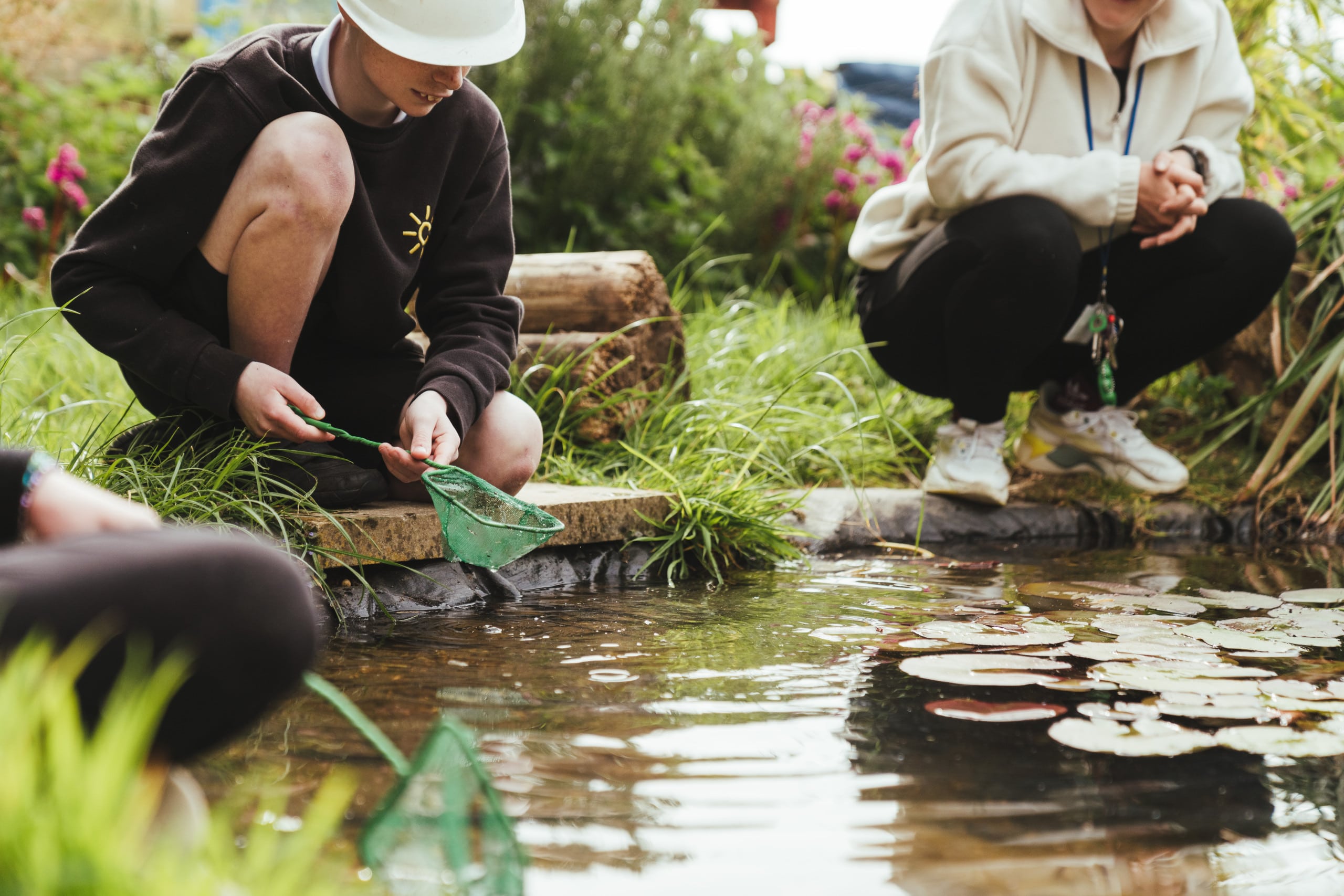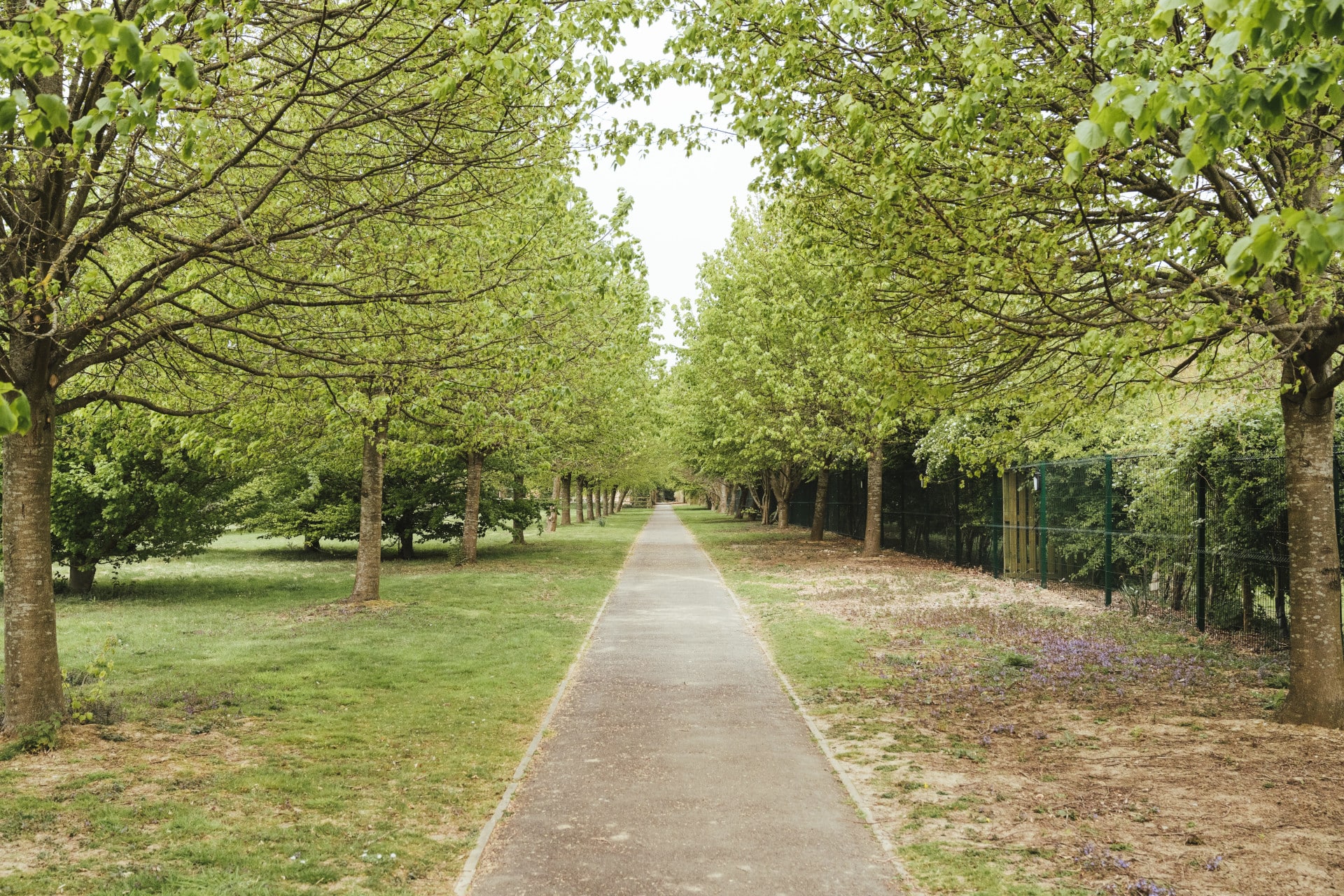Prospectus
Our School is part of the Caldecott Foundation, a non-profit leading specialist provider delivering therapeutic residential and fostering services to vulnerable and disadvantaged young people. Our Team of teachers and Therapists work closely together to deliver a therapy informed curriculum within a safe, stimulating, personalised and nurturing learning environment. Please view our full prospectus below.
View Prospectus


